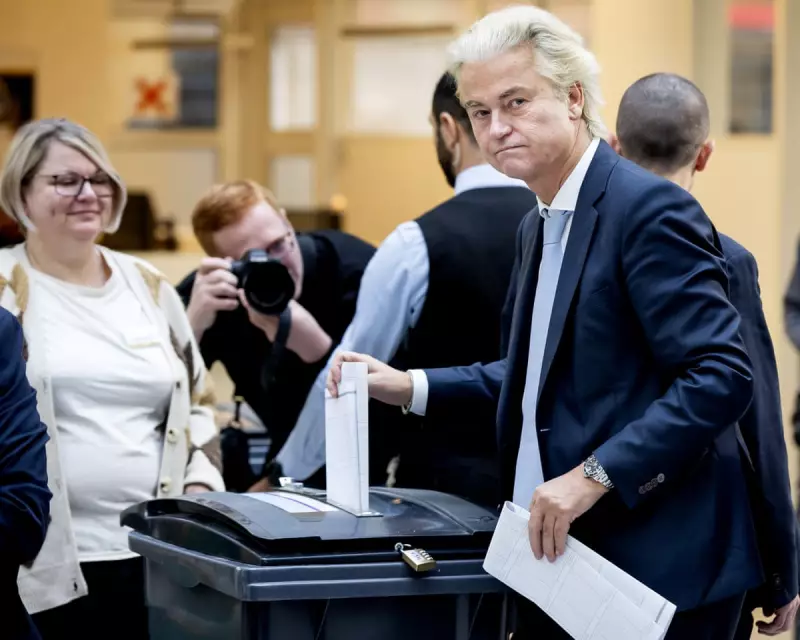
Nearly a year after Geert Wilders and his Party for Freedom (PVV) shocked Europe by forming the Netherlands' first far-right government, the country stands at a political crossroads. The man who convinced Dutch voters to take a chance on radical change now faces his most important verdict yet.
The Promise Versus The Reality
Wilders campaigned on a platform that promised to fundamentally reshape Dutch society. His signature issues - slashing immigration, putting "Dutch people first," and holding a referendum on leaving the EU - resonated with voters weary of establishment politics. But governing has proven more complex than campaigning.
"We knew this would be a difficult transition," one senior PVV official admitted privately. "Changing decades of policy doesn't happen overnight."
Immigration: The Central Battleground
The government's most controversial moves have centred on immigration policy. Early attempts to implement the "strictest asylum policy ever" faced immediate legal challenges and international criticism.
- Asylum applications have decreased by approximately 30%
- New family reunification rules face European Court scrutiny
- Business leaders warn of labour shortages in key sectors
Economic Headwinds and International Isolation
Beyond immigration, the Wilders administration has confronted significant economic challenges. The Netherlands, traditionally seen as a stable investment destination, has experienced:
- Increased volatility in financial markets
- Growing tensions with European partners
- Concerns from international investors about policy predictability
"The business community is watching carefully," noted Amsterdam-based economist Eva van der Heijden. "While some domestic industries have benefited from protectionist measures, the long-term economic picture remains uncertain."
Public Opinion: A Nation Divided
Recent polling reveals a deeply split electorate. While Wilders' core supporters remain fiercely loyal, arguing he's delivering on his promises despite establishment resistance, moderate voters express growing concerns about the country's direction.
"I voted for change, but I worry we're becoming isolated," said Haarlem resident Michael de Wit, who supported the PVV. "The rhetoric feels more extreme than I expected."
What Comes Next?
As the government approaches its first anniversary, all eyes are on whether Wilders can maintain his coalition's unity while implementing his controversial agenda. The coming months will test whether the Dutch experiment with far-right governance represents a temporary protest or a permanent political realignment.
One thing is certain: the Netherlands has become the European laboratory for populist governance, and the results will influence political movements across the continent.





